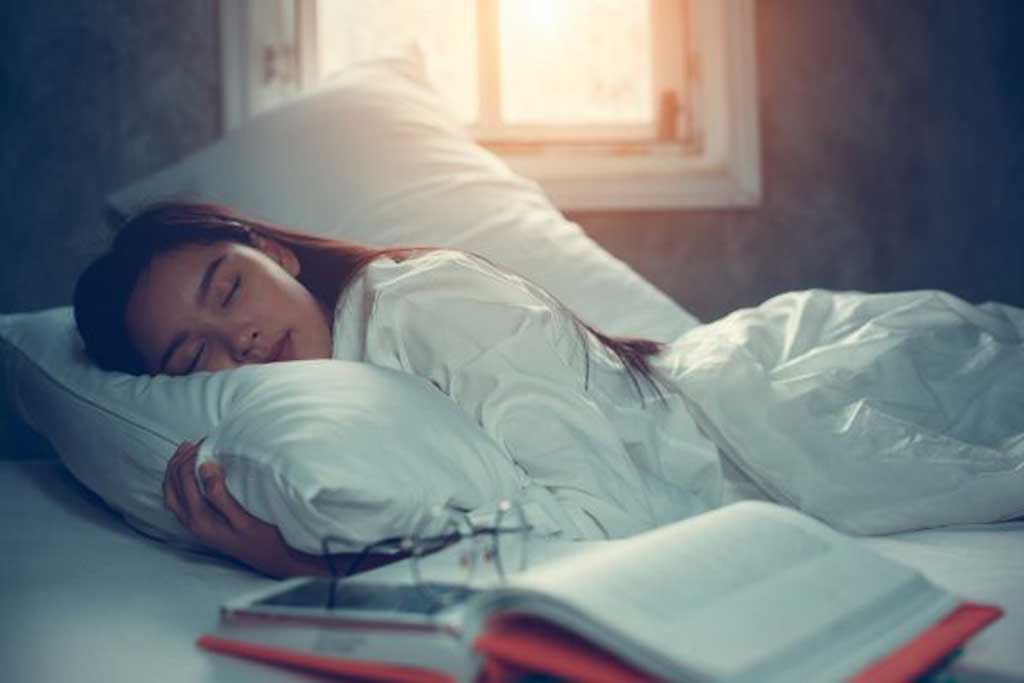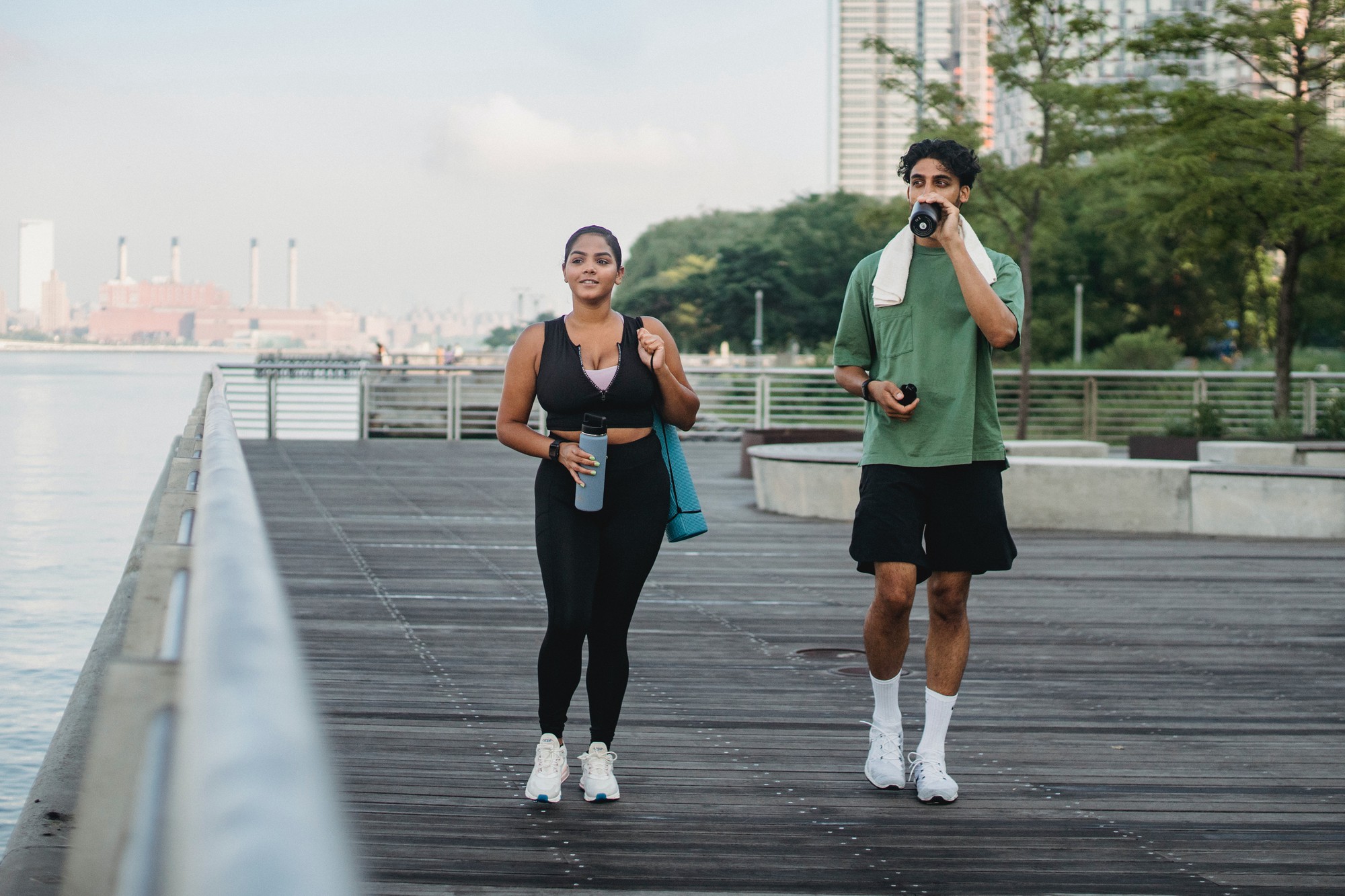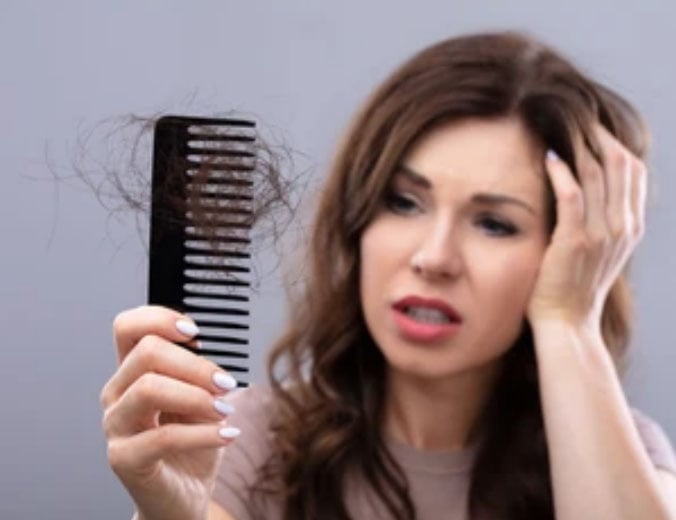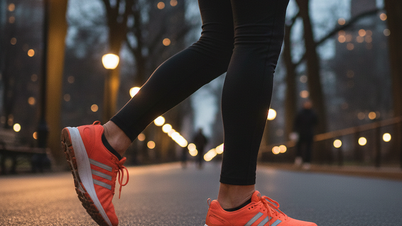Start your day with health news; you can also check out these articles: Doctors point out antioxidant-rich foods that help increase longevity; Mistakes to avoid when walking, are you making any of them?; Causes and solutions for hair loss...
Experts warn: Sleeping at this temperature may cause high blood pressure.
The hectic pace of modern life has led many people to suffer from sleep deprivation. Not getting enough sleep each night leads to numerous chronic health problems, including heart and kidney disease, high blood pressure, and diabetes.
While many people know that reducing exposure to blue light from screens and avoiding caffeine can help them fall asleep faster, some may not realize the importance of the right temperature for sleeping.

Most adults need about 7 hours of sleep each night, but many people don't get enough sleep.
Most adults need about 7 hours of sleep each night, but many people don't get enough. Insufficient sleep each night leads to numerous chronic health problems, including heart and kidney disease, high blood pressure, diabetes, stroke, obesity, and depression.
In an interview, Dave Gibson, a sleep consultant based in the UK, shared his insights on how temperature affects sleep.
Gibson explained: Cooler temperatures can help you fall asleep more easily because your body's core temperature needs to drop, typically by about 1 degree Celsius, to begin deep sleep. That's why experts often recommend keeping your bedroom environment cool, dark, and quiet, creating ideal conditions for a good night's sleep.
And the safe temperature for sleeping is around 18 degrees Celsius. Notably, temperatures below this level increase the risk of high blood pressure, cardiovascular disease, and respiratory problems.
The 18°C limit is based on the conclusions of a previous working group of the World Health Organization (WHO), which indicated that the safest temperature range is between 18 and 24°C, according to the US National Library of Medicine (NIH). Readers can find more information on this topic on the health page dated October 20th .
Expert: Common walking mistakes to avoid – are you making any of them?
Do you go for a walk every day? If so, you need to ensure you have proper posture and comfortable shoes. Here are some bad walking habits you should avoid.
Bad walking habits can negatively impact your comfort, health, and overall walking experience. Therefore, before embarking on a walking journey, identify any bad habits you need to break.

Although it seems simple, many people still make some mistakes when walking.
Ill-fitting shoes. Fitness expert Aminder Singh (India) says ill-fitting shoes can cause discomfort and even harm. Wear shoes that fit well, are comfortable, and have enough width in the front to allow your toes to spread out naturally. This can reduce the risk of blisters and other foot-related problems.
Poor posture. To walk effectively, proper posture is essential. Keep your back straight and avoid slouching. This encourages improved breathing, reduces back strain, and improves overall balance.
Look down. When walking, many people tend to stare down at their feet or mobile phones, which can strain the neck and back and impair their awareness of their surroundings. Look straight ahead to maintain good posture and be fully aware of your surroundings. The rest of this article will be available on the health page on October 20th.
Causes and solutions for hair loss
Beautiful, healthy hair can boost confidence for many people. Many dream of having thick, lustrous hair, but hair loss is a common problem.
Men are often concerned about baldness, while women are more worried about excessive hair loss. Besides aging, several other factors can also cause hair loss.
Dr. Rinky Kapoor, a cosmetic dermatologist in India, shared the common causes and solutions for hair loss.

For women, pregnancy, childbirth, menopause, etc., will lead to several hormonal changes, causing hair loss.
Causes of hair loss
Firstly, for women, pregnancy, childbirth, and menopause lead to several hormonal changes that cause hair loss. Any hormonal imbalance can result in hair loss in women.
Secondly, stress and genetics are also factors that affect hair health.
Third, deficiencies in biotin, folate, vitamin B12, and riboflavin can cause hair loss. You can supplement these nutrients through your diet.
Fourth, hair loss can be caused by scalp health problems. In these cases, you need to see a dermatologist for proper treatment.
Fifth, some medications used to treat arthritis, depression, high blood pressure, and cancer can increase the risk of hair loss.
Sixth, overuse of hair care products, tying your hair too tightly, or frequent styling will damage your hair. Start your day with health news to read more in this article!
Source link













































































































Comment (0)